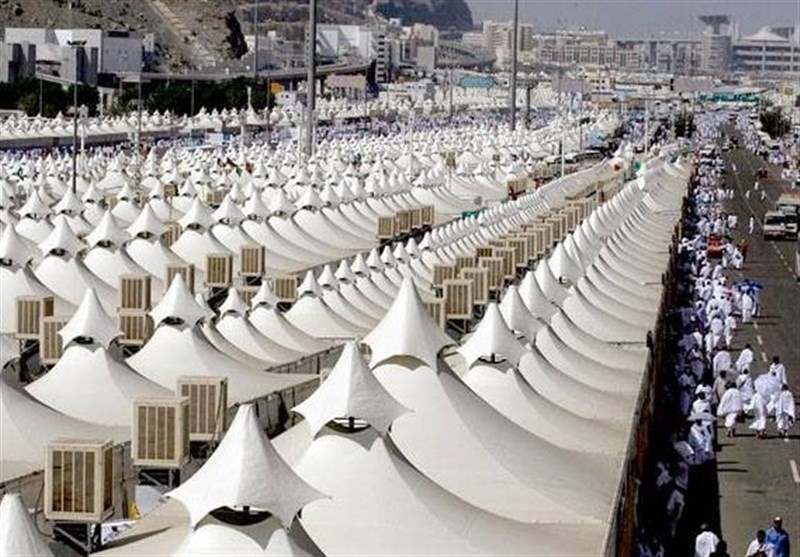Millions of intending pilgrims from across the world have converged on a vast tent camp of Mina in Mak-kah, opening the annual Hajj pilgrimage. They will spend night in the tent valley.
The pilgrims will move to Maidan-e-Arafat today morning to perform the Rukn-e-Azm of Hajj, Waqoof-e-Arafat. As per Saudi instructions, the Hujjaj will also listen to Hajj sermon in their tents, which is to be translated in various languages. They will offer Zohr and Asr prayers together and spend the whole day in prayers, Wazaif and Talbia.
Almost 73pc of the Pakistani pilgrims will go to Arafat by train while the rest will embark on their sacred journey by buses.
Reportedly, more than 1.5 million foreign pilgrims are in Saudi Arabia for this year’s Hajj, a government spokesperson said Wednesday.
Hajj is one of the Five Pillars of Islam, a religious obligation involving rituals and acts of worship that every Muslim must fulfil if they have the money and are physically able to do it.
Hajj Ministry spokesperson Ghassan Al-Nuwaimi provided an approximate number for foreigners at this year’s pilgrimage. He did not say how many domestic pilgrims were taking part. Last year, there were 1,611,310 pilgrims from outside the country.
On Wednesday, pilgrims streamed into Arafat, some making the journey on foot, carrying their luggage through temperatures nudging 40 degrees Celsius (104 degrees Fahrenheit). Others carried the elderly. People paused to sit on the ground to rest or eat before heading to their camps.
Mount Arafat, a rocky hill southeast of Mecca, holds immense significance in Islam. Arafat is mentioned in the Quran and it is where the Prophet Muhammad is said to have given his last sermon on his final Hajj.
According to traditional sayings of the prophet, the Day of Arafat is the most sacred day of the year, when God draws near to the faithful and forgives their sins.
Pilgrims remain in Arafat, in prayer and reflection, from after midnight until after sunset. After sunset Thurs-day, pilgrims will go to the desert plain of Muzdalifah to collect pebbles, which they will use in a ritual.
Saudi Arabia has spent billions of dollars on crowd control and safety measures, but the mass of partici-pants makes ensuring their safety difficult. One of the greatest challenges at the Hajj in recent years has been the heat.
Earlier in the week, Health Minister Fahad bin Abdulrahman Al-Jalajel told wire service that 10,000 trees have been planted to provide more shade, there is increased hospital bed capacity, and the number of par-amedics has tripled.
Provided by SyndiGate Media Inc. (
Syndigate.info
).







